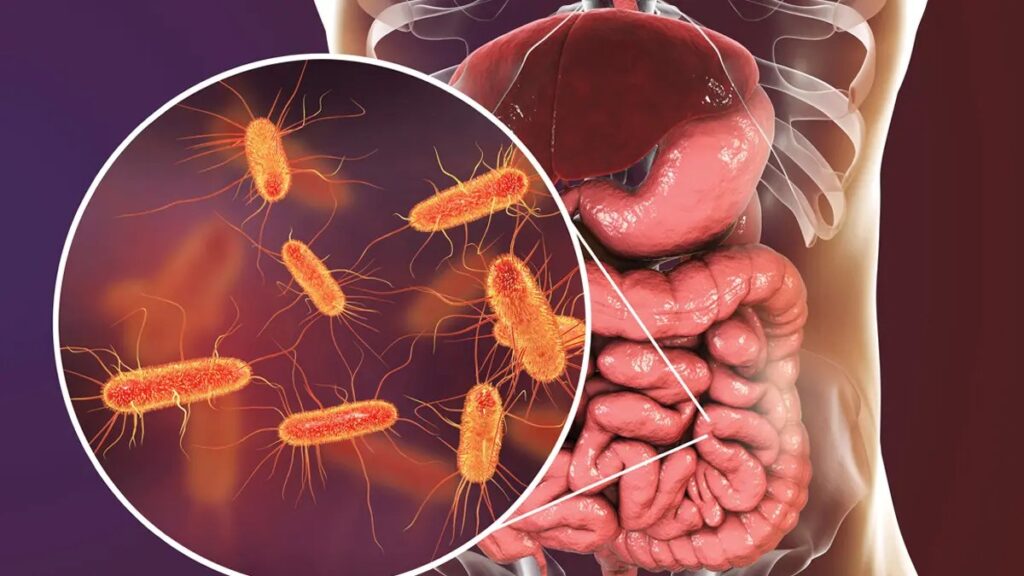Gut Health and Immune System
Gut Health and Immune System: The gut and immune systems are closely linked. Both of these help in keeping the body overall healthy. Let us know what impact gut health has on the immune system.
Also read: These 5 foods can harm your gut health, be careful: Foods for Gut Health
Gut Microbiota—Our Internal Ecosystem
Gut Microbiota-Our Internal Ecosystem
The gut is home to bacteria, viruses, fungi and other microbes collectively known as the gut microbiota. These micro-organisms play an important role in digesting food, making vitamins and protecting against harmful bacteria. A balanced gut microbiota is vital for a healthy immune system.
Key facts about the immune system
The immune system is a body shield that protects our body against infectious diseases and harmful substances. It consists of various cells, tissues and organs that work together to identify and destroy invading things such as bacteria, viruses and toxins. About 70% of the immune system is located in the gut, which is responsible for the strong connection between gut health and the immune system.
gut-immune communication
The gut and immune system constantly communicate through complex signal pathways. The intestinal lining acts as a barrier that prevents harmful substances from entering the bloodstream, while allowing nutrients to pass through. Special cells in the intestinal lining detect pathogens and alert the immune system to respond.
Good Bacteria and Immune Modulation
Good bacteria and immune modulation
Good bacteria or probiotics in the gut help regulate the immune system by producing substances that prevent the growth of harmful bacteria.
They also stimulate the production of antibodies and increase the activity of immune cells like T cells and macrophages, which are important for fighting infections.
Probiotics are found in supplements as well as in foods such as paneer, yogurt, buttermilk, cheese, idli, dosa, green peas and apple cider vinegar.
Gut health and inflammation
Chronic inflammation is a major factor in many diseases, including autoimmune disorders, allergies, and even cancer.
Healthy gut microbiota helps control inflammation by maintaining a balance between pro-inflammatory and anti-inflammatory signals. When the gut microbiota is imbalanced, known as dysbiosis, it can lead to excessive inflammation and a weakened immune response.
Effects on diet and lifestyle
Impact on diet and lifestyle
Diet plays an important role in shaping the gut microbiota. A diet rich in fiber, fruits, vegetables, and whole grains promotes healthy gut microbiota.
Processed foods, high sugar intake, and antibiotics can disrupt the gut microbiota and negatively impact the immune system.
Regular exercise, adequate sleep, and stress management also contribute to a healthy gut and strong immune system.
Gut health and disease prevention
A healthy gut microbiota can help prevent various diseases by boosting the immune system and reducing inflammation. Many studies suggest that maintaining gut health can reduce the risk of irritable bowel syndrome (IBS), inflammatory bowel disease (IBD), allergies, asthma, and even mental health problems like depression and anxiety.
Related






